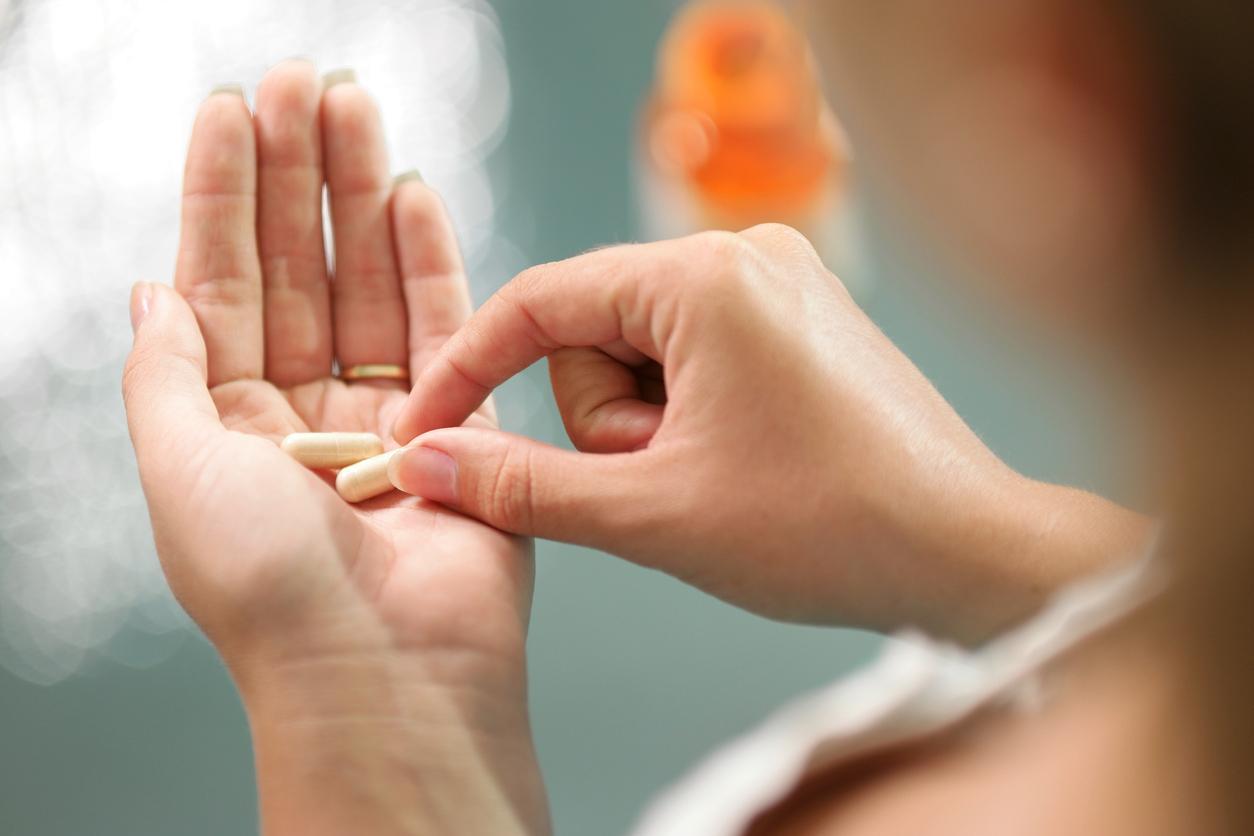March 16, 2005 – Vitamin E not only offered no protective effect against cardiovascular disorders or cancer, but it would increase the risk of heart failure by 19% in people with severe heart problems or diabetes.
The results of some epidemiological studies tended to show that vitamin E – an antioxidant – helps prevent heart disease and certain types of cancer. The authors of a recently published study wanted to test the effect of natural vitamin E in a long-term clinical trial.
From 1993 to 1999, they followed 9,541 patients aged 55 and over with severe heart problems or diabetes. Treated in one of the 267 participating clinics (across America and Europe), subjects took either a vitamin E supplement (400 IU of tocopherols) or a placebo daily.
During this period, the researchers did not observe any particular protective effect. They decided to continue their work until 2003, with 3,994 patients who agreed to continue the clinical trial which, overall, will have involved an average supplementation of seven years.
The authors observed that the incidence of cardiovascular disorders or cancer was similar between subjects assigned to vitamin E and those who took placebo. In addition, those who took a tocopherol supplement showed a 19% greater risk of suffering from heart failure than those in the placebo group.
Vitamin E: a “team player”
Asked to comment on this study, pharmacist Jean-Yves Dionne said he was little surprised by the results. “Vitamin E is an antioxidant, but taken alone it is not a sufficient therapeutic tool for three reasons. “
First, antioxidants are known to be effective when they work in synergy. “Since vitamin E is fat soluble, it must be put in tandem with a water soluble vitamin – vitamin C for example. Together, they allow the body to better rid itself of free radicals and thus better protect cells, ”explains Mr. Dionne.
Then, a deficiency in essential fatty acids (omega-3) also reduces the protective effect of vitamin E. “We can assume that the intake of essential fatty acids could be deficient in the subjects of the study since they are all cardiac ”, continues Jean-Yves Dionne.
Finally, the effect of the vitamin over time (or chronopharmacology) may be reduced if the intake of the supplement is not well spread over time. “Antioxidants work after meals, when the body generates the most free radicals,” continues Mr. Dionne. If you take a vitamin E in the morning only, it will be ineffective in the evening – when you usually eat the most fatty meal of the day ”.
For an optimal effect, antioxidants should also be taken after each meal, concludes the pharmacist.
Martin LaSalle – Proteus Network
According to theFrance Media Agency (AFP).
1. Lonn E, Bosch J, Yusuf S, Sheridan P, Pogue J, Arnold JM, Ross C, Arnold A, Sleight P, Probstfield J, Dagenais GR; HOPE and HOPE-TOO Trial Investigators, Effects of Long-term Vitamin E Supplementation on Cardiovascular Events and Cancer: A Randomized Controlled Trial, The Journal of the American Medical Association (JAMA), March 15, 2005, Vol. 293, No 11, PP.















